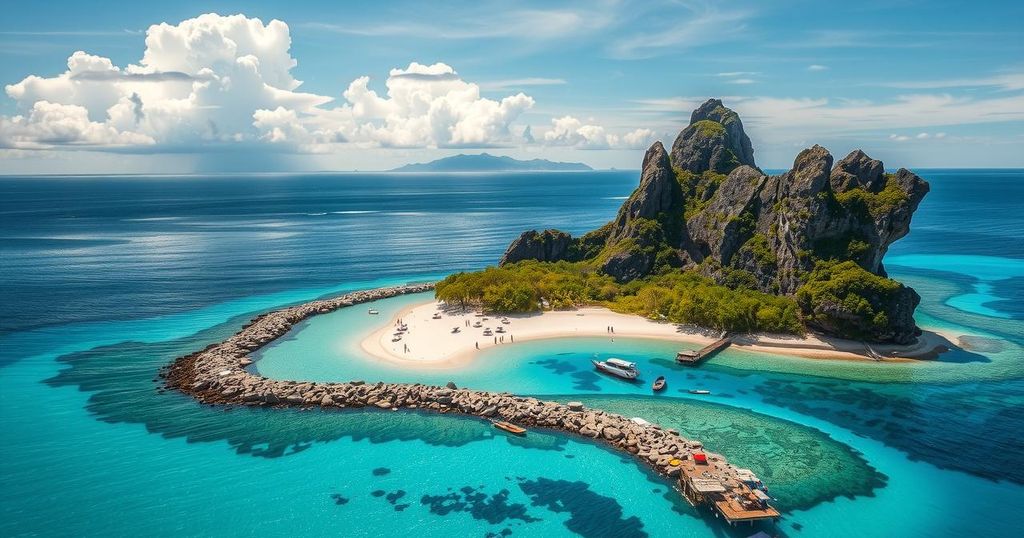The RECOVER project, supported by $1.2 million in funding, focuses on improving climate change adaptation in Mauritius, Maldives, and Fiji. It aims to create innovation hubs, enhance water security, and address socio-economic challenges through nature-based solutions and community collaboration. Led by University of Waterloo researchers, this initiative highlights the importance of localized and inclusive strategies in responding to climate vulnerabilities faced by island nations.
The RECOVER project, led by University of Waterloo researchers, aims to bolster climate change adaptation strategies for small island nations, including Mauritius, Maldives, and Fiji, which collectively receive $1.2 million in funding. These island communities, despite contributing minimally to global greenhouse gas emissions, face significant environmental challenges. The project seeks to create innovative hubs for research and community engagement to address issues related to water security, food supply, and overall resilience in the face of climate threats. By utilizing nature-based solutions and engaging local populations, the initiative hopes to develop sustainable practices that can mitigate the socio-economic impacts of climate change.
The project’s team, in collaboration with local stakeholders, will assess each island’s vulnerability and conditions, utilizing a holistic approach to foster effective adaptation strategies. Central to their mission is the improvement of resource availability, while also addressing the intricate social inequities prevalent within these communities. The RECOVER initiative, in line with a larger UK-Canada framework focusing on Adaptation and Resilience, underscores the essential role of research, community involvement, and long-term partnerships in combatting climate risks.
Dr. Simron Singh of the University of Waterloo, who leads the RECOVER project, reflects on his motivations, citing firsthand experiences with disaster-stricken communities as pivotal in shaping his research focus on climate change in vulnerable regions. Other researchers emphasize the project’s potential impact on water security and socio-economic stability, demonstrating a clear connection between scientific inquiry and community outcomes. The collaborative nature of the project signifies a collective commitment towards enabling strategic adaptations tailored to the unique geographical and cultural contexts of these island nations.
The RECOVER project emerges in recognition of the need for robust climate adaptation strategies, especially in small island nations disproportionately affected by climate change, despite their minimal contribution to global emissions. These nations face existential risks including rising sea levels, resource scarcity, and socio-economic disruptions. As such, international collaboration is essential to develop localized solutions that address these pressing climate challenges and build resilient communities capable of sustaining their socio-economic fabric in the face of ongoing environmental threats.
In summary, the RECOVER project represents a critical initiative aimed at enhancing the resilience of small island nations grappling with the effects of climate change. By focusing on collaborative research, community engagement, and sustainable resource management, the project aspires to develop effective strategies that address both environmental vulnerabilities and social inequities. The commitment to nature-based solutions and transformative partnerships signals a hopeful trajectory for these communities, where research effectively translates into actionable adaptations that support long-term sustainability.
Original Source: uwaterloo.ca






